London has long been a powerhouse in global finance and corporate strategy. At the heart of its economic influence are holding companies entities that control other businesses through share ownership rather than direct operations. These companies play a critical role in consolidating assets, managing risk, and driving long-term value across various industries.
In this article, we explore the top 10 holding companies in London, examining how they operate, what sets them apart, and why they are integral to the UK’s corporate ecosystem. From multinational conglomerates to strategic investment groups, these firms represent the backbone of London’s dynamic and resilient business landscape.
What Defines a Holding Company in the UK?

A holding company in the UK is a business entity that exists primarily to own shares or interests in other companies. Unlike operating companies that deliver goods or services directly to the market, holding companies derive their value and function from the control they maintain over subsidiaries.
This control typically requires a majority shareholding more than 50% enabling the parent company to influence strategic decisions, appoint directors, and oversee financial planning across the corporate group.
In the context of UK law, holding companies play a unique role in providing corporate structure, asset protection, and governance across large, often multinational enterprises. By centralising ownership but decentralising operations, they allow for flexible management while reducing liability exposure for the parent entity.
Why Are Holding Companies Important to London’s Economy?

London has long been recognised as one of the world’s foremost financial capitals. Its deep-rooted infrastructure, regulatory clarity, and international appeal make it an ideal base for corporate headquarters, particularly for holding companies. These companies contribute to the city’s economic vitality in several ways.
Firstly, holding companies act as vehicles for foreign direct investment, with many multinationals establishing London-based entities to manage and scale their UK and European operations. Additionally, they often coordinate capital-intensive activities like mergers, acquisitions, and large-scale investments that influence market trends and support job creation even if indirectly.
The subsidiaries managed under these holding groups tend to operate in diverse sectors such as banking, retail, healthcare, and energy, reinforcing London’s status as a hub of economic diversity and global trade.
Who Are the Top 10 Holding Companies in London?
1. Unilever PLC – “Sustainable Living, Global Impact”
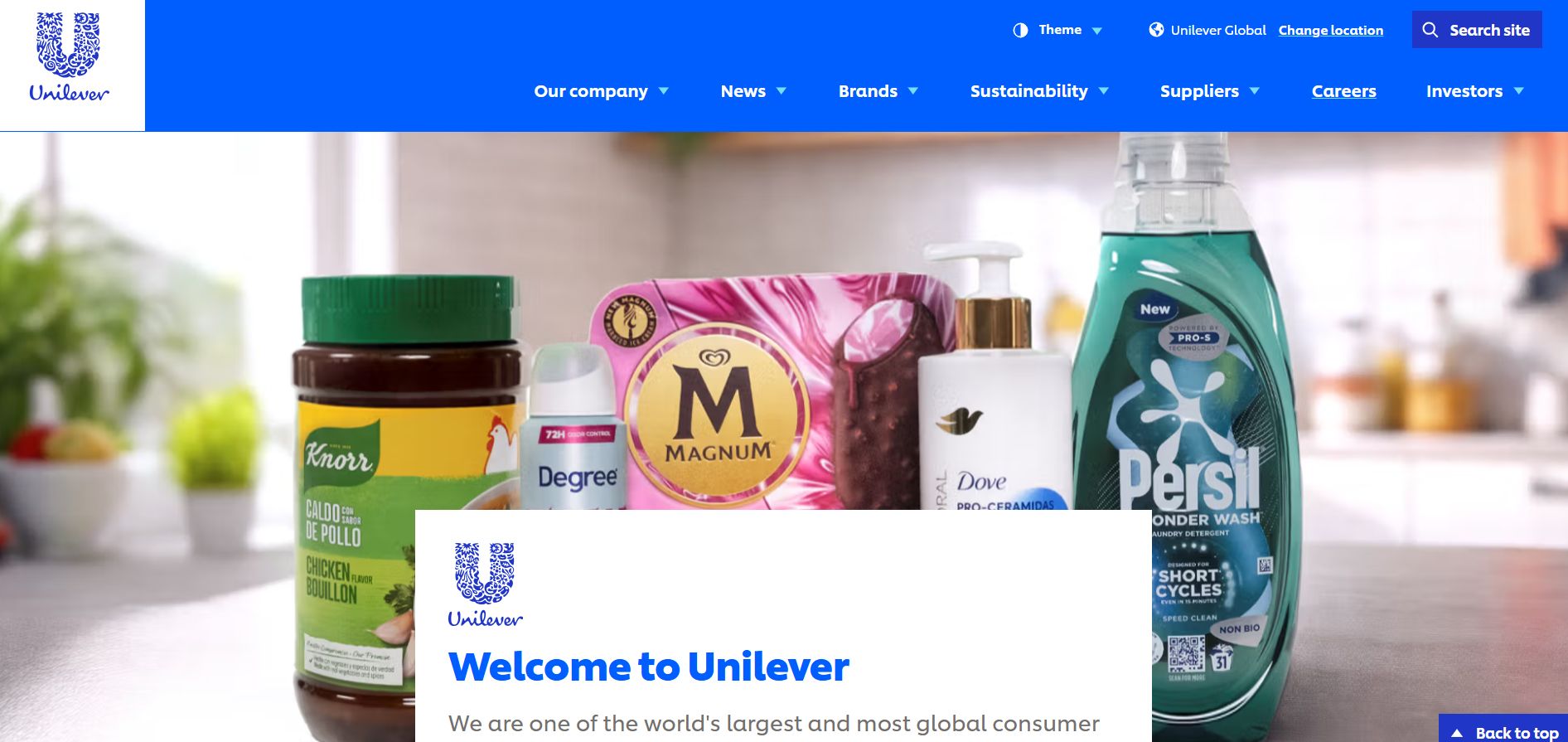
Unilever PLC is one of the world’s largest and most respected consumer goods holding companies, headquartered in London. It owns over 400 brands across food, personal care, and home care, including household names like Dove, Magnum, and Domestos. The company’s success stems from its consistent focus on sustainability, innovation, and social responsibility.
Through long-term brand investment and acquisitions, Unilever maintains a powerful global presence in more than 190 countries. Its decentralised operating model allows for agile brand development, while the holding structure supports strategic oversight.
Unilever is also a recognised leader in ESG and corporate governance. Its purpose-led strategy continues to resonate with consumers and investors alike.
Core Strength
Brand portfolio leadership and sustainability integration.
Ideal Choice
Responsible investment portfolios and ESG-minded shareholders.
Pricing: Not applicable (Publicly traded)
- Website: https://www.unilever.com
- Phone: +44 (0)20 7822 5252
- Address: 100 Victoria Embankment, London EC4Y 0DY
- Email: mediarelations.uki@unilever.com
Review: ★★★★★ “A purpose-driven company that delivers strong returns and global reach with sustainability at the core.”
2. International Airlines Group (IAG) – “Connecting the World, Strategically”

IAG is a London-based aviation holding company that owns and operates several major airline brands, including British Airways, Iberia, Aer Lingus, and Vueling. It was formed in 2011 through the merger of British Airways and Iberia, and now serves over 250 destinations worldwide.
The company’s model allows each airline to maintain its brand identity while benefiting from centralised procurement, shared IT systems, and strategic route planning.
IAG leverages economies of scale and advanced fleet optimisation to reduce costs and maximise efficiency. It also has a growing presence in the cargo and logistics market. The group has weathered industry challenges with resilience and continues to invest in sustainability.
Strategic Edge
Multi-airline synergy with global operational scope.
Perfect Fit
Institutional investors in aviation and international transport.
Pricing: Not applicable (Publicly traded)
- Website: https://www.iairgroup.com
- Phone: +44 (0)20 8564 2810
- Address: Waterside, Harmondsworth, UB7 0GA, United Kingdom
- Email: investor.relations@iairgroup.com
Review: ★★★★☆ “IAG balances operational complexity with smart strategy a major player in global travel.”
3. Diageo PLC – “The Spirit Behind the Brands”

Diageo is a leading beverage holding company headquartered in London, known for its iconic portfolio of alcoholic drinks including Johnnie Walker, Guinness, Tanqueray, and Smirnoff. With operations in over 180 countries, Diageo’s holding structure supports efficient global marketing, distribution, and innovation.
It consistently ranks among the top companies for brand equity and premium positioning. The firm focuses heavily on consumer trends and invests in new segments like low-alcohol and ready-to-drink products.
Strategic acquisitions and brand building are central to its success. Diageo also leads the industry in responsible drinking initiatives and diversity efforts. Its steady growth and dividend record attract long-term investors.
Distinctive Trait
Premium branding and global distribution excellence.
Best Aligned With
Investors seeking strong cash flow and lifestyle brand exposure.
Pricing: Not applicable (Publicly traded)
- Website: https://www.diageo.com
- Phone: +44 (0)20 8978 6000
- Address: 16 Great Marlborough Street, London W1F 7HS
- Email: global.press.office@diageo.com
Review: ★★★★★ “Diageo combines heritage and innovation like no other in the drinks industry.”
4. HSBC Holdings PLC – “Banking the Global Economy”
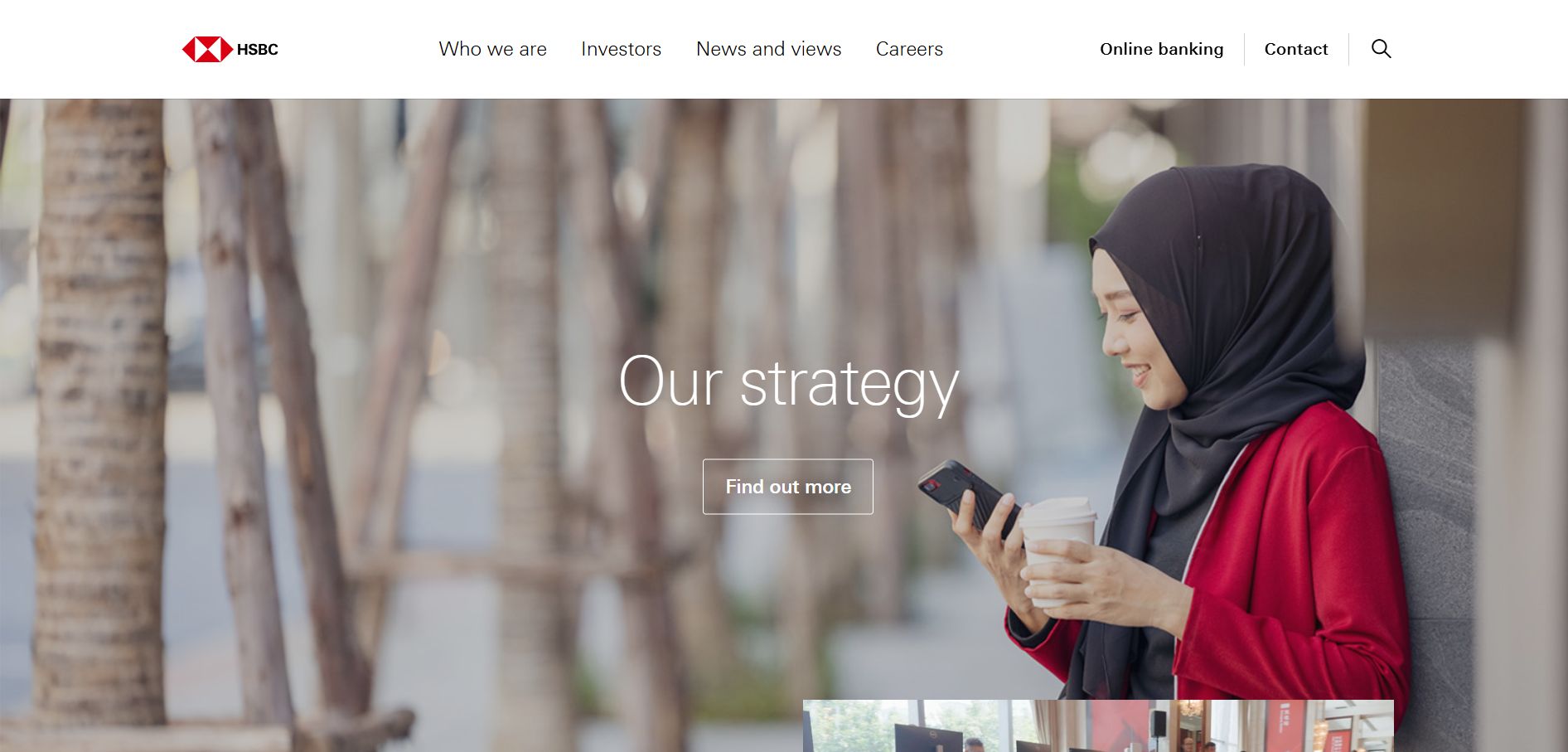
HSBC Holdings PLC is one of the largest financial holding companies in the world, headquartered in London and serving over 39 million customers globally. The holding structure oversees a vast network of subsidiaries, including HSBC UK, HSBC Private Bank, and regional branches across Asia, Europe, and the Americas.
HSBC’s strength lies in its diversified revenue streams across retail banking, wealth management, and global markets. The company is heavily invested in digital transformation and green finance initiatives.
Its centralised oversight ensures group-wide risk management while allowing local subsidiaries operational autonomy. HSBC also maintains one of the strongest capital positions in the industry.
Defining Capability
Cross-border banking strength and financial resilience.
Best Served To
Investors seeking stable financial sector exposure and dividends.
Pricing: Not applicable (Publicly traded)
- Website: https://www.hsbc.com
- Phone: +44 (0)20 7991 8888
- Address: 8 Canada Square, London E14 5HQ
- Email: pressoffice@hsbc.com
Review: ★★★★☆ “A global bank with impressive reach and holding company efficiency.”
5. Shell PLC – “Powering Progress Responsibly”

Shell is a multinational energy holding company with its registered headquarters in London, operating in over 70 countries. Its corporate structure allows for management of upstream (exploration and production) and downstream (refining and distribution) subsidiaries, including Shell Energy and BG Group.
Shell is well-known for its oil and gas operations but is increasingly investing in renewable energy, hydrogen, and carbon capture technologies. The holding model allows Shell to manage risks and returns across volatile energy markets while supporting a long-term vision for sustainability. Its integrated supply chain and massive capital base make it one of the world’s most valuable energy firms.
Notable Focus
Energy diversification and global infrastructure leadership.
Best Match
Investors interested in energy transition and long-term dividends.
Pricing: Not applicable (Publicly traded)
- Website: https://www.shell.com
- Phone: +44 (0)20 7934 1234
- Address: Shell Centre, London SE1 7NA
- Email: media@shell.com
Review: ★★★★☆ “Shell is actively reinventing itself while retaining solid holding foundations.”
6. GlaxoSmithKline (GSK) PLC – “Innovating Health, Improving Lives”
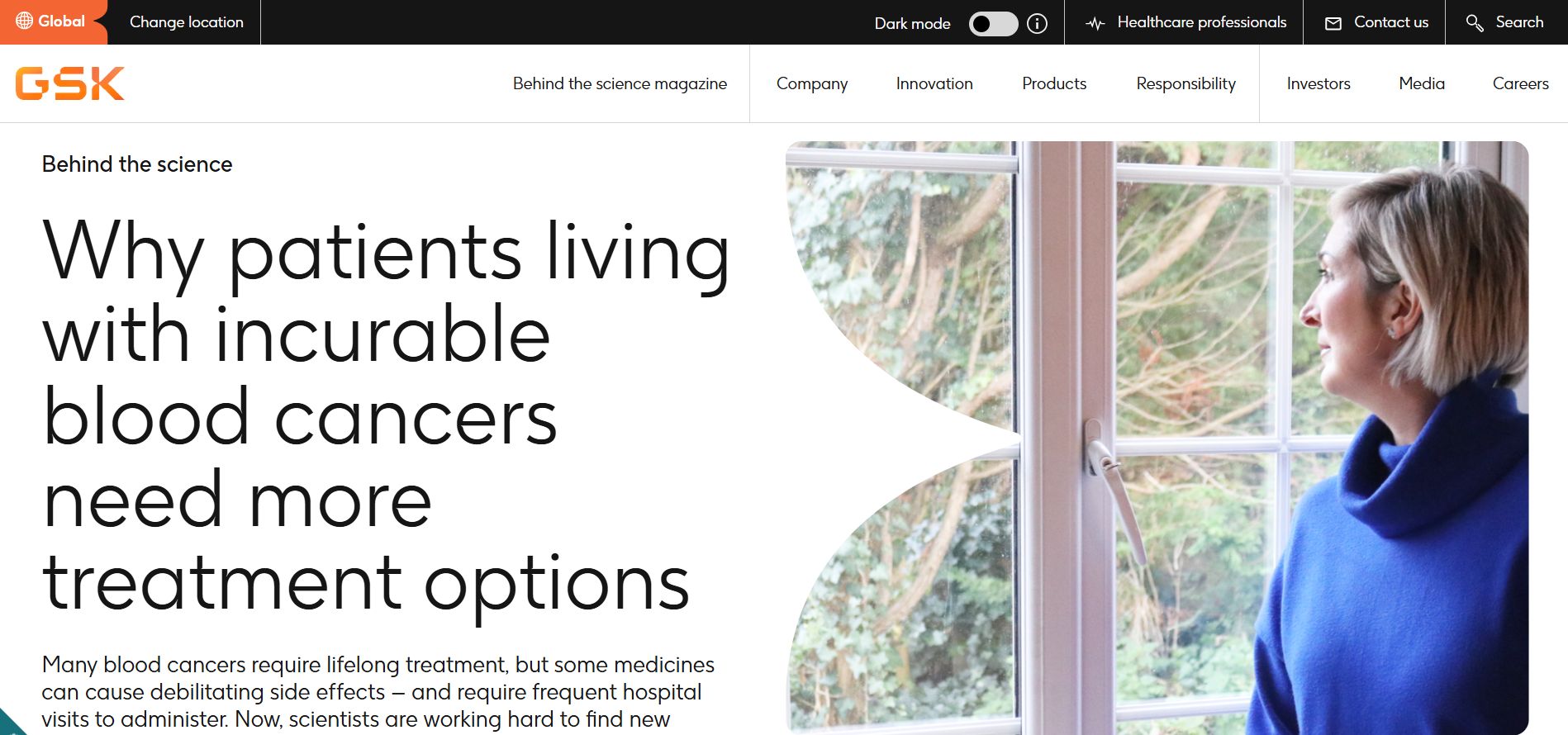
GSK is one of the UK’s leading pharmaceutical companies, with its headquarters in Brentford, West London. It manages a global network of subsidiaries involved in vaccines, specialty medicines, and consumer healthcare. GSK focuses on addressing some of the world’s most pressing health challenges through cutting-edge R&D and strategic partnerships.
The company invests over £5 billion annually in innovation and holds a robust pipeline of clinical-stage treatments. With a commitment to accessible healthcare and infectious disease research, GSK operates in over 100 countries.
Its holding structure supports flexible resource allocation across product categories and international markets. GSK also prioritises ESG goals in its long-term strategy.
Area of Excellence
Biopharmaceutical innovation with a global outreach.
Optimal Choice
Investors in healthcare advancement and long-term R&D growth.
Pricing: Not applicable (Publicly traded)
- Website: https://www.gsk.com
- Phone: +44 (0)20 8047 5000
- Address: 980 Great West Road, Brentford, Middlesex, TW8 9GS
- Email: customer.relations@gsk.com
Review: ★★★★★ “GSK combines scientific ambition with business discipline a holding model that drives global health.”
7. Prudential PLC – “Financial Confidence, Across Generations”
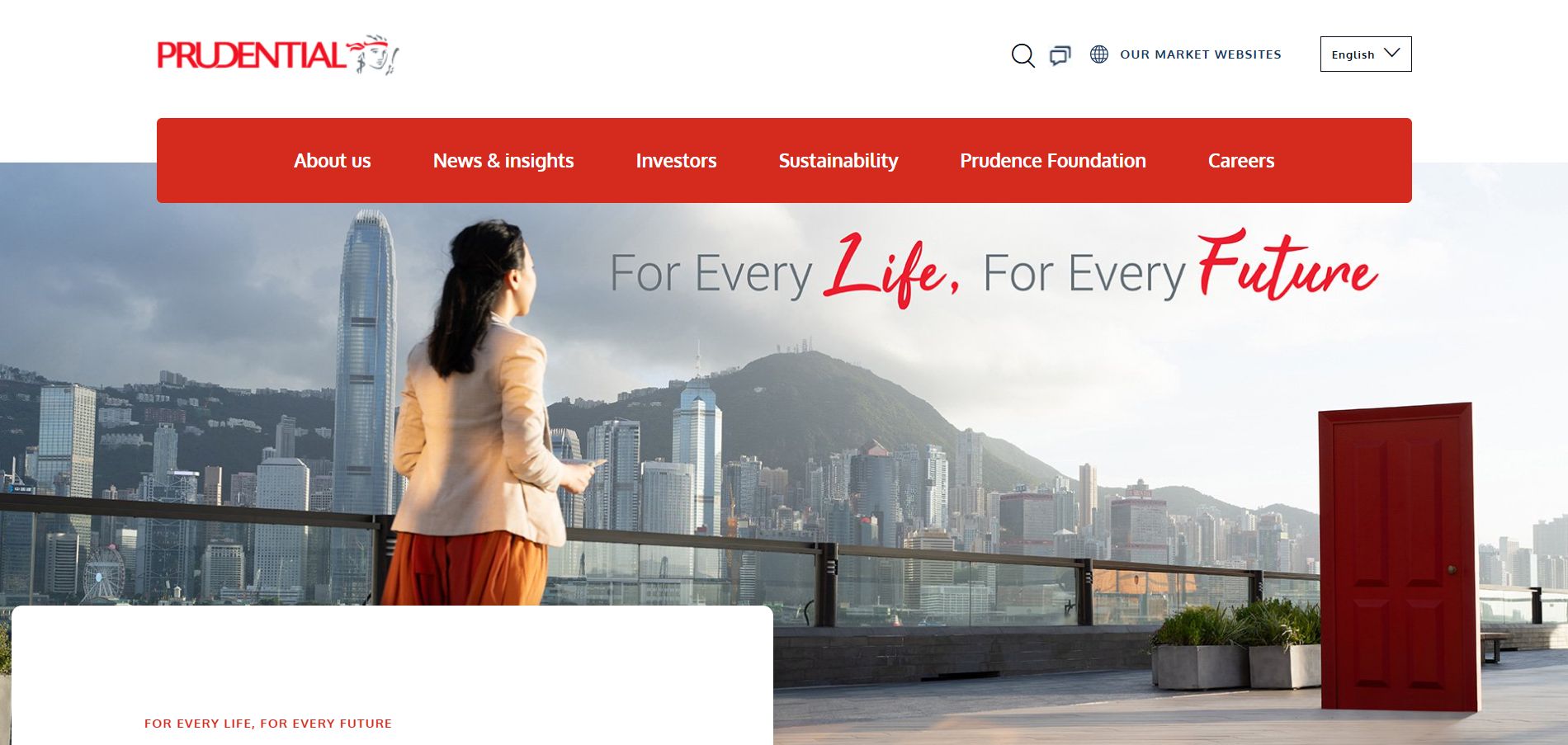
Prudential PLC is a major financial holding company specialising in insurance and investment services across Asia and Africa. Though headquartered in London, the company’s subsidiaries operate primarily outside the UK, offering life insurance, asset management, and pension solutions.
Prudential follows a decentralised model that gives regional units autonomy while adhering to overall group strategy and governance. Its holding structure supports capital efficiency and local market adaptation.
The firm is known for its long-term customer relationships and focus on growing middle-class markets. With deep roots going back to 1848, Prudential continues to evolve in response to changing financial and demographic trends.
Unique Strength
Insurance and asset management in high-growth regions.
Suits Best
Investors in emerging markets and long-term financial services.
Pricing: Not applicable (Publicly traded)
- Website: https://www.prudentialplc.com
- Phone: +44 (0)20 3977 9700
- Address: 1 Angel Court, London EC2R 7AG
- Email: media@prudentialplc.com
Review: ★★★★☆ “Prudential is built for future-facing growth — solid structure and global vision.”
8. RELX Group PLC – “Information That Powers Decisions”
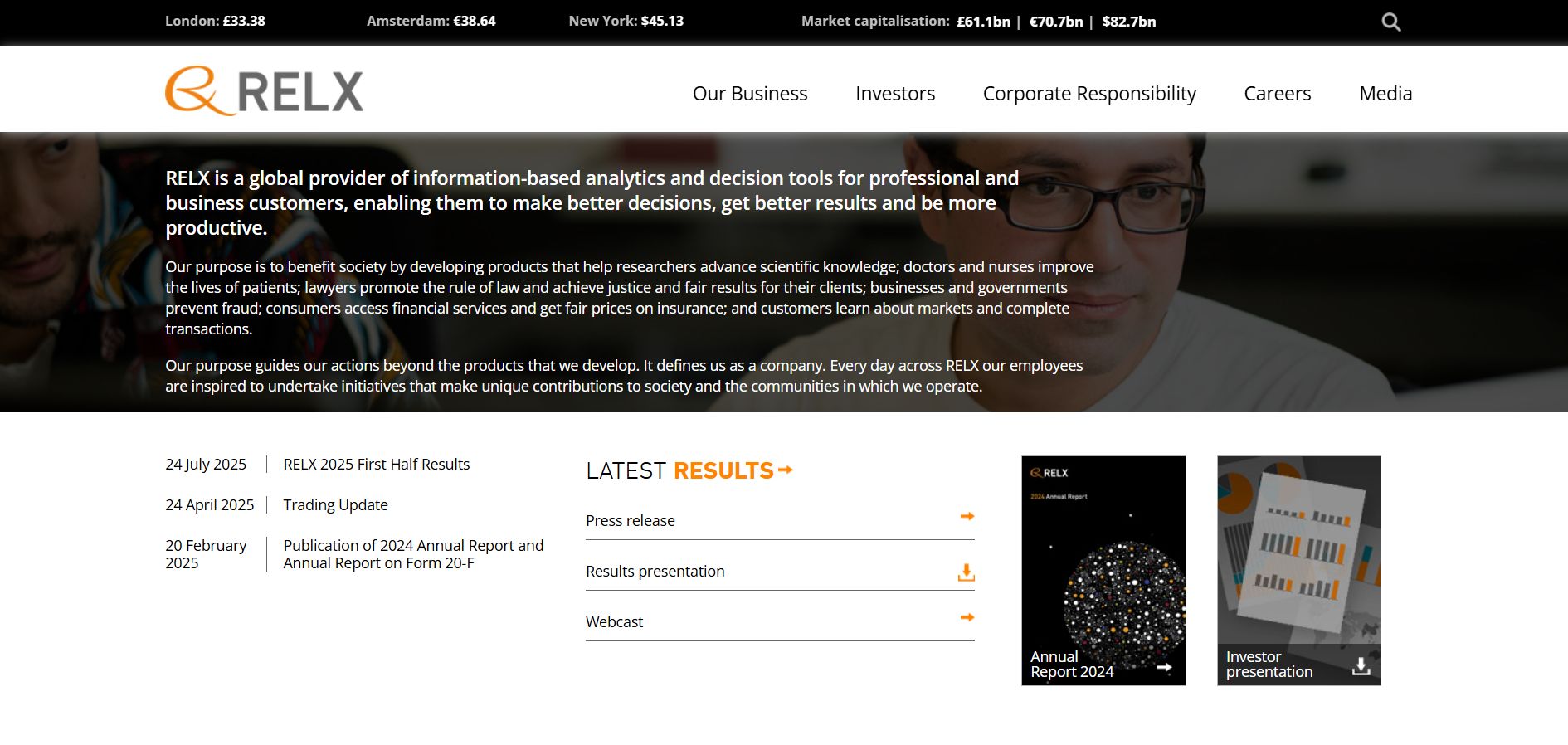
RELX is a prominent data and analytics holding company, headquartered in London, operating across four main segments: Scientific, Technical & Medical; Risk & Business Analytics; Legal; and Exhibitions. Subsidiaries like LexisNexis and Elsevier are industry leaders in content and data solutions.
RELX thrives on subscriptions and data-driven services, using AI and big data to offer deep insights to governments, researchers, and businesses. Its holding structure fosters innovation in each division while driving integrated service delivery.
RELX has seen steady growth due to digital transformation in publishing and analytics. It’s well-regarded for financial stability and strategic reinvestment in emerging technologies.
Distinct Capability
AI-powered data, legal, and publishing technologies.
Strong Fit For
Stakeholders in legal tech, research, and enterprise analytics.
Pricing: Not applicable (Publicly traded)
- Website: https://www.relx.com
- Phone: +44 (0)20 7166 5500
- Address: 1–3 Strand, London WC2N 5JR
- Email: media@relx.com
Review: ★★★★★ “RELX delivers high-impact knowledge services — a tech-forward holding company.”
9. Associated British Foods (ABF) – “Feeding the World, Dressing the High Street”
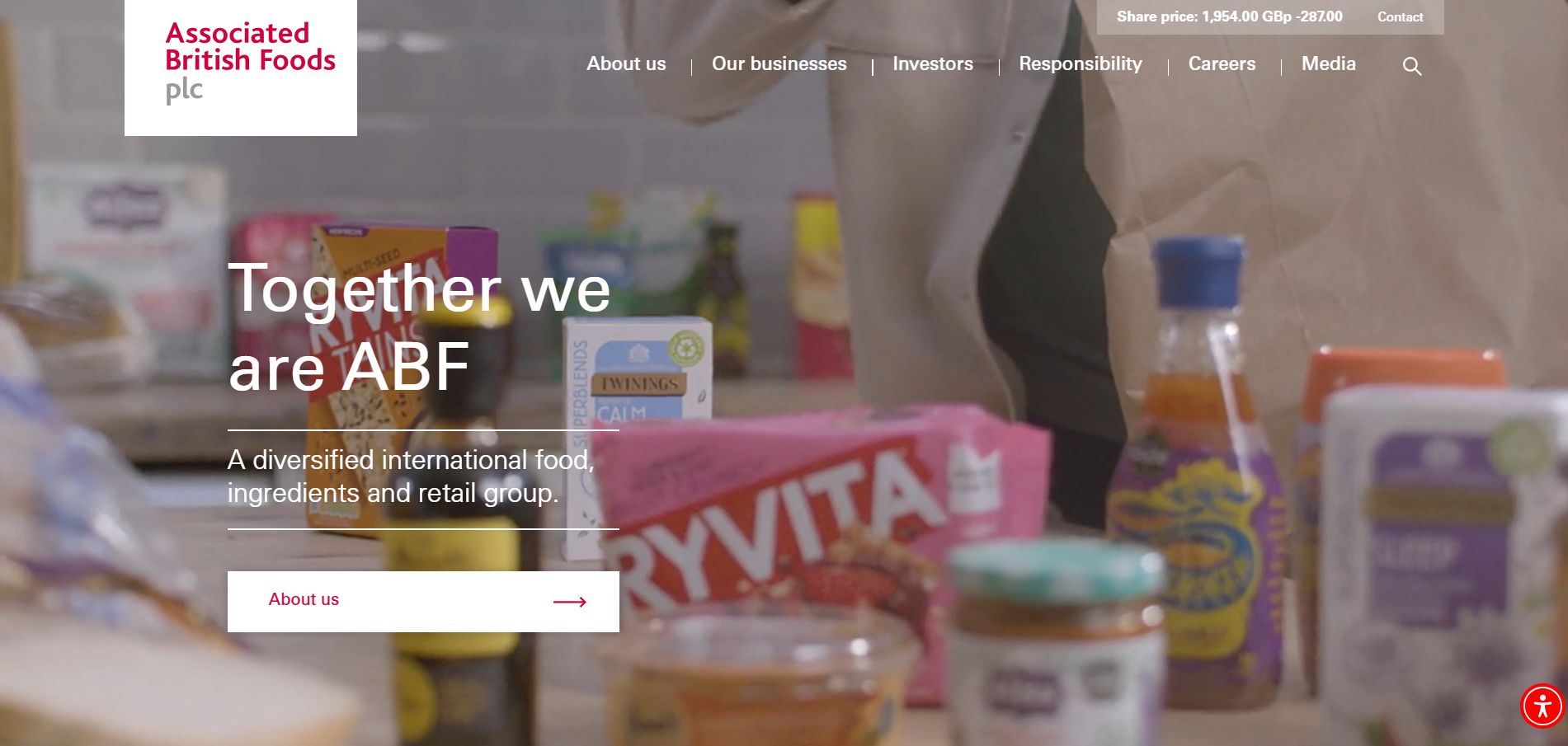
ABF is a diversified food and retail holding company, headquartered in London, overseeing subsidiaries in ingredients, grocery, agriculture, and fashion. Best known as the parent of Primark, it also owns brands like Twinings, Jordans, and British Sugar.
ABF’s holding structure enables strategic independence across sectors while facilitating centralised investment decisions. The company balances traditional food production with high-volume fashion retail, maintaining a conservative financial approach and strong balance sheet.
Its diversity offers protection against market volatility, making it one of the more resilient conglomerates in the UK. ABF operates in 53 countries and continues to expand responsibly.
Competitive Edge
Balanced sector diversification across essentials and retail.
Well-Suited To
Investors seeking stability in both food and fashion sectors.
Pricing: Not applicable (Publicly traded)
- Website: https://www.abf.co.uk
- Phone: +44 (0)20 7399 6500
- Address: Weston Centre, 10 Grosvenor Street, London W1K 4QY
- Email: info@abf.co.uk
Review: ★★★★☆ “A well-balanced portfolio with strong operational discipline ABF does it all quietly and well.”
10. Compass Group PLC – “Managing Meals, Maximising Operations”

Compass Group is the world’s largest contract catering holding company, headquartered just outside London in Chertsey. It operates across 45 countries and serves sectors such as education, healthcare, business, and defence. The group’s subsidiaries deliver food services and support logistics in complex, high-demand environments.
Compass’s holding structure enables it to scale operations while tailoring services to local client needs. Its business model focuses on efficiency, sustainability, and digital innovation in food logistics. The company continues to grow through strategic acquisitions and long-term contracts with global institutions. It’s a benchmark for operational excellence in service-based holdings.
Core Advantage
Operational scale in catering and facilities management.
Tailored For
Shareholders focused on recurring revenue and B2B services.
Pricing: Not applicable (Publicly traded)
- Website: https://www.compass-group.com
- Phone: +44 (0)1932 573000
- Address: Compass House, Guildford Street, Chertsey KT16 9BQ
- Email: communications@compass-group.com
Review: ★★★★★ “Compass delivers quality at scale a gold standard in support services.”
What Makes These Companies Stand Out in Their Sectors?

Each company in this list has achieved a level of distinction through a blend of strategic decision-making, innovation, and market leadership. Their success is rooted in their ability to effectively manage large and complex networks of subsidiaries, often spread across different continents.
For instance, Unilever stands out for its global consumer reach and its ability to balance ethical sourcing with profitability. Similarly, Diageo has mastered the art of branding in the luxury beverages sector, turning legacy names into household icons.
Companies like Shell and GSK lead in scientific research and environmental initiatives, positioning themselves as forward-thinking players in traditionally conservative industries. Across the board, these holding companies demonstrate strength in financial performance, governance, and long-term vision.
How Do Holding Companies Manage Their Subsidiaries?

The management structure of a holding company is designed to centralise oversight while allowing subsidiaries to operate with a degree of autonomy. This approach helps create efficient, scalable operations across diverse markets and industries.
In practice, the holding company provides strategic leadership and financial oversight. Major decisions such as mergers, acquisitions, or large-scale investments are made at the holding company level, often in coordination with the boards of the subsidiaries.
Meanwhile, each subsidiary typically maintains its own management team responsible for daily operations, customer engagement, and product delivery. By separating strategy from execution, the holding company model ensures both agility and control.
Are Holding Companies the Same as Investment Firms?

Although the terms are sometimes used interchangeably, there are fundamental differences between holding companies and investment firms. A holding company typically acquires controlling interests in businesses with the intent of managing them over the long term.
In contrast, investment firms including private equity and venture capital firms usually seek to maximise returns within shorter time frames and may not always aim for controlling stakes.
Another key distinction lies in the business model. Investment firms often manage client funds and work on behalf of external investors. Holding companies, by comparison, typically invest the capital of their founders or shareholders, focusing on long-term ownership and corporate influence rather than trading or flipping assets for profit.
What Legal and Tax Advantages Do Holding Companies in the UK Enjoy?

The UK offers a favourable legal and tax environment for holding companies, which is one of the key reasons London has attracted such a significant number of them. One of the most notable advantages is the participation exemption, which allows holding companies to receive dividends from subsidiaries without incurring additional corporate tax, provided certain conditions are met.
Additionally, capital gains arising from the sale of shares in subsidiaries may be exempt from tax under the Substantial Shareholdings Exemption. The UK also has an extensive network of double tax treaties, reducing the tax burden on cross-border income.
These advantages, combined with the flexibility of UK company law, make it attractive for businesses to consolidate their operations under a London-based holding company.
What Should Businesses Know Before Starting a Holding Company in London?

Starting a holding company in London requires careful planning and an understanding of legal, financial, and operational obligations. The process begins with registration through Companies House, which includes providing a company name, registered address, and information about directors and shareholders.
Once incorporated, the holding company must open a corporate bank account and establish a clear governance structure. It’s essential to have proper legal agreements in place for acquiring shares in subsidiaries, and to ensure compliance with UK corporate law and HMRC tax obligations.
Working with legal and financial advisors is strongly advised to set up the company in a way that meets both current needs and long-term strategic goals.
What Does the Future Look Like for Holding Companies in London?

As the global economy becomes increasingly complex and interconnected, holding companies are evolving to meet new challenges. In London, this evolution is being shaped by trends such as digital transformation, ESG (Environmental, Social, Governance) initiatives, and a focus on sustainable investing.
Holding companies are expected to play a more active role in managing their subsidiaries’ environmental impact, adopting technology for better reporting, and aligning business strategies with ethical considerations. With ongoing regulatory reforms and shifting global tax policies, the companies that adapt quickly and innovate responsibly will continue to lead the market.
Conclusion
The influence of holding companies in London extends well beyond boardrooms and balance sheets. These firms shape the strategic direction of entire industries, manage complex subsidiary structures, and contribute significantly to the UK’s economic stability.
Their ability to navigate regulatory frameworks, leverage tax efficiencies, and adapt to evolving market conditions makes them indispensable players in the modern business world.
As London continues to thrive as a global financial hub, its leading holding companies will remain central to innovation, investment, and sustainable growth. For investors, entrepreneurs, and business leaders, understanding these entities is essential to grasp the full scope of corporate power in the capital.
FAQs About Holding Companies in London
What are the benefits of setting up a holding company in London?
Setting up in London provides access to global markets, favourable tax laws, and a reputable legal environment, making it ideal for managing diverse business interests.
How does a holding company differ from a trading company?
While a trading company directly sells products or services, a holding company primarily owns and oversees other businesses, often without active trading.
Can a holding company operate without employees?
Yes, some holding companies function with minimal or no staff, relying on board-level governance and legal representation to manage operations.
Are there risks associated with forming a holding company in the UK?
Risks include potential legal liabilities from subsidiaries, regulatory compliance issues, and strategic misalignment among business units.
What tax benefits do UK holding companies receive?
UK holding companies may benefit from exemptions on dividend income and capital gains, along with access to tax treaties that reduce international tax exposure.
Do all holding companies need to be registered with Companies House?
Yes, all companies operating in the UK, including holding companies, must be registered with Companies House and comply with UK corporate regulations.
Can individuals form their own holding companies in London?
Absolutely. Many individuals form holding companies to manage investments, real estate, or multiple business ventures under a central legal entity.
